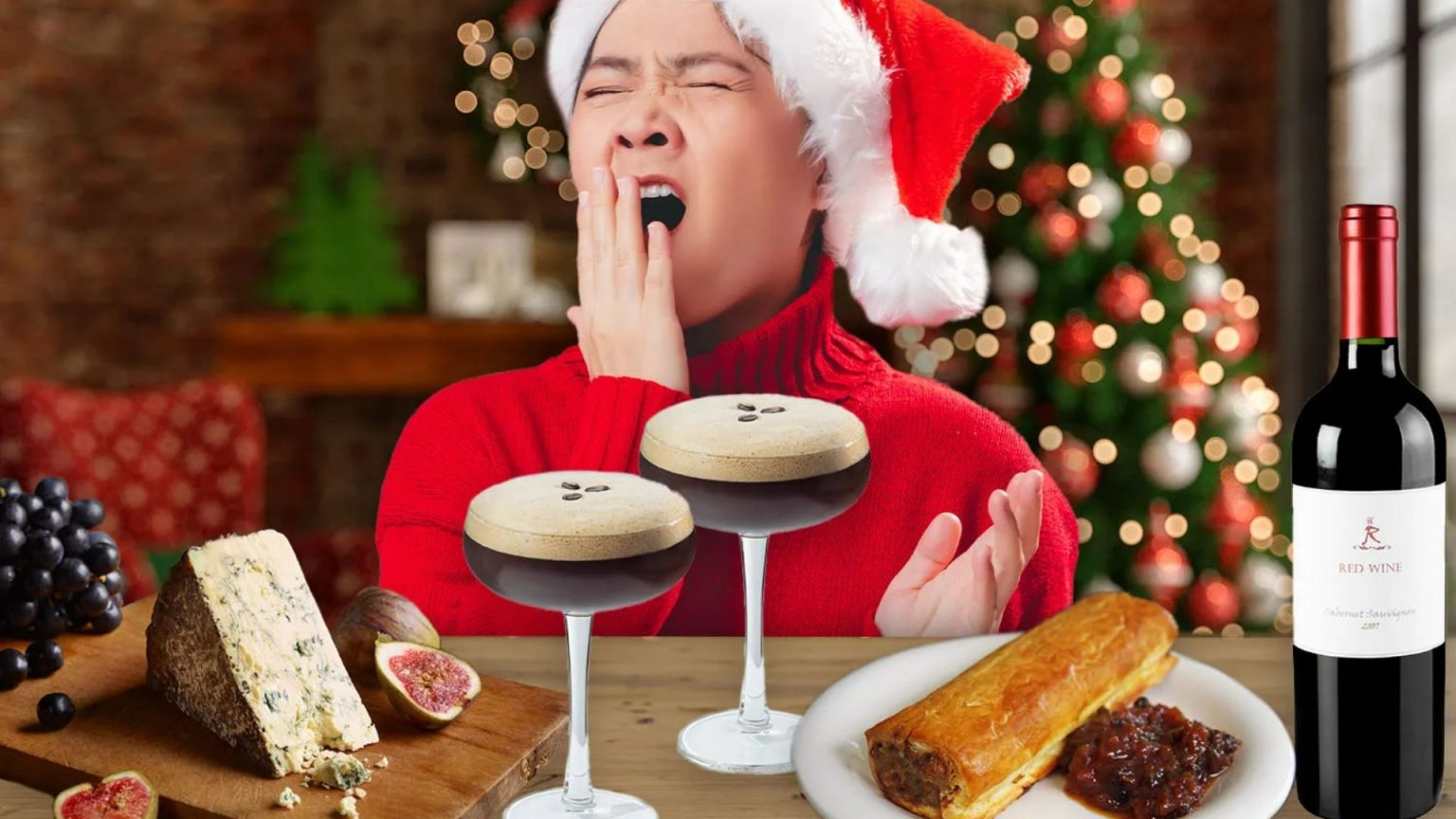The holiday season, with its festive gatherings and late-night celebrations, often disrupts our sleep patterns. While enjoying the festivities, it’s essential to be mindful of the food and drink choices we make, as they can significantly impact the quality of our sleep. Certain festive treats can lead to restless nights and daytime fatigue, hindering our ability to fully enjoy the holiday cheer.
Espresso martinis, a popular holiday cocktail, contain a significant amount of caffeine, which can interfere with sleep. Caffeine acts as a stimulant, increasing heart rate and disrupting the crucial REM stage of sleep, which is vital for memory and emotional balance. Similarly, sugary cocktails like daiquiris and pornstar martinis cause rapid blood sugar spikes followed by energy crashes, leading to restlessness and disrupted sleep. The subsequent drop in blood sugar can also cause mid-night awakenings. A better choice would be cocktails with less sugar, such as margaritas or simpler mixes of gin, vodka, or tequila with sugar-free mixers like soda water.
While a glass or two of wine might not significantly affect sleep, excessive consumption of red or white wine can disrupt it. Red wine generally has a higher alcohol content than white wine, which can stimulate the nervous system and interfere with sleep. Additionally, red wine contains higher levels of histamine, potentially causing digestive issues and headaches in susceptible individuals. White wine, while often lower in alcohol, can be higher in sugar and sulphites, which can trigger allergic reactions or other symptoms that indirectly affect sleep.
Cheese, a staple of festive buffets, can also impact sleep, especially when consumed in large quantities close to bedtime. High-fat cheeses delay digestion, putting a strain on the digestive system and causing discomfort when lying down. Furthermore, certain aged cheeses like blue cheese, cheddar, Swiss, Parmesan, and brie contain tyramine, a compound that can disrupt sleep. While some cheeses contain tryptophan and zinc, which can promote sleep, moderation is key, and individuals with acid reflux should avoid cheese close to bedtime.
Certain popular beverages can also negatively impact sleep. Rum and coke, for instance, contain caffeine from the cola, which blocks adenosine, a sleep-inducing chemical. Guinness, while not containing caffeine, can cause bloating and inflammation in the small intestines due to its gluten content, leading to discomfort and hindering sleep. Probiotic-rich beers like Belgian or sour beers offer a gut-healthier alternative.
High-fat, processed foods like sausage rolls and crisps, often consumed alongside alcohol during festivities, further exacerbate sleep problems. These foods delay digestion, straining the digestive system and causing discomfort, especially when lying down. Healthier alternatives include fresh options like chicken drumsticks, salads, and fruit skewers, eaten a few hours before bed to allow for digestion and settling of the body.
To optimize sleep during the holidays, managing alcohol intake is crucial. Excessive alcohol consumption significantly impacts sleep quality. Maintaining a consistent sleep-wake schedule, even during festivities, promotes better sleep. Avoiding long naps, especially those exceeding 25 minutes, can improve nighttime sleep quality. Incorporating relaxation techniques and mindfulness practices during the day can help calm the mind and promote a sense of refreshment, even with less-than-ideal sleep. By making conscious choices about food and drink and prioritizing healthy sleep habits, we can enjoy the holiday season to the fullest without sacrificing our well-being.


